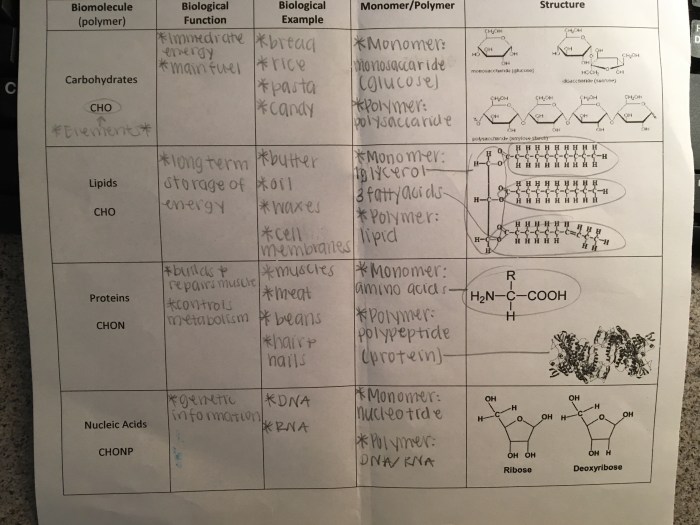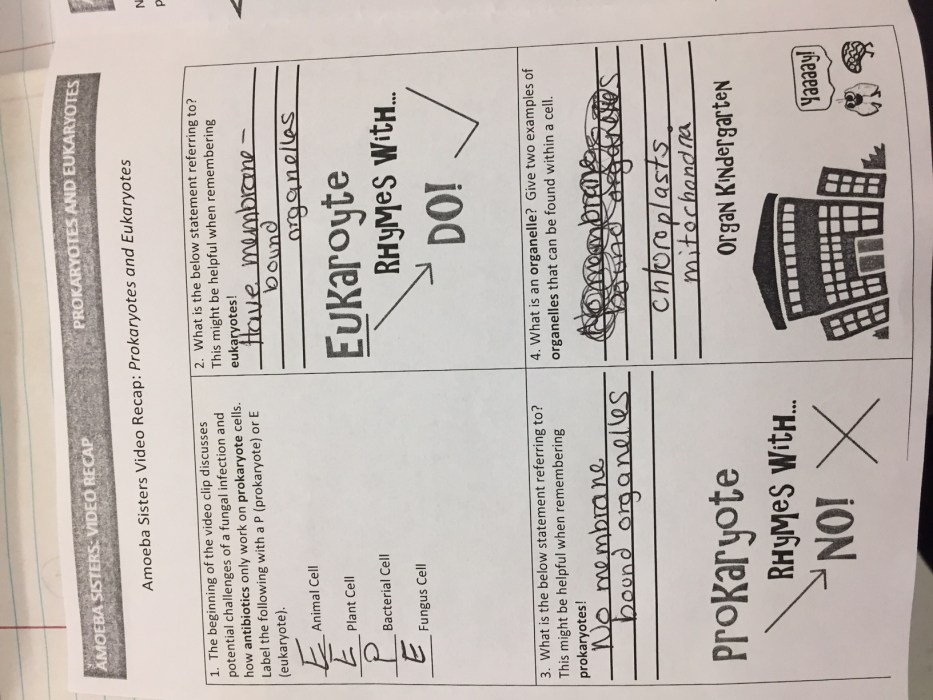Amoeba sisters video recap answers nature of science – Embark on an enlightening journey with the Amoeba Sisters video recap, where we delve into the fascinating realm of the nature of science. This engaging exploration unveils the fundamental principles that guide scientific inquiry, fostering a deeper understanding of the scientific process and its impact on our world.
Through captivating examples and thought-provoking discussions, this video recap sheds light on the nature of science, empowering us to navigate the complexities of scientific knowledge and its applications.
Introduction

The Amoeba Sisters video recap provides an overview of the nature of science, emphasizing its key concepts and the scientific method. By exploring real-life examples, the video effectively demonstrates how science operates in practice.
The nature of science encompasses the fundamental principles and processes involved in scientific inquiry. It includes the systematic collection and analysis of data, the formulation of hypotheses, and the testing of these hypotheses through experimentation. Science is a dynamic and iterative process, constantly evolving as new discoveries and technologies emerge.
Key Concepts
The Scientific Method
The scientific method is a systematic approach to investigating and understanding the natural world. It involves making observations, formulating hypotheses, conducting experiments, analyzing data, and drawing conclusions. The scientific method is essential for ensuring the validity and reliability of scientific findings.
Hypothesis Testing
Hypothesis testing is a crucial step in the scientific method. A hypothesis is a tentative explanation for a phenomenon or observation. Scientists test hypotheses through experimentation, which involves manipulating variables and observing the effects of these changes. If the results of the experiment support the hypothesis, it is considered to be valid.
However, if the results do not support the hypothesis, it must be revised or rejected.
Examples of Science in Action
The Case of the Peppered Moths
The case of the peppered moths is a classic example of natural selection in action. During the Industrial Revolution, the soot from factories darkened the trees in England, making the light-colored peppered moths more visible to predators. As a result, the dark-colored peppered moths became more common, demonstrating how environmental changes can drive evolutionary adaptation.
The Discovery of Penicillin
The discovery of penicillin is another notable example of the scientific method. Alexander Fleming observed a mold growing on a bacterial culture plate and noticed that it inhibited the growth of bacteria. He hypothesized that the mold produced a substance that could kill bacteria.
Through experimentation, he confirmed his hypothesis and isolated penicillin, revolutionizing the treatment of bacterial infections.
Implications for Science Education: Amoeba Sisters Video Recap Answers Nature Of Science

Teaching the Nature of Science, Amoeba sisters video recap answers nature of science
The Amoeba Sisters video recap can be a valuable tool for teaching students about the nature of science. By presenting real-life examples and explaining the scientific method, the video helps students understand how science works and the importance of critical thinking and evidence-based reasoning.
Promoting Scientific Literacy
In today’s information-rich society, scientific literacy is essential for making informed decisions. The video recap contributes to scientific literacy by providing students with a clear and engaging overview of the fundamental principles of science. It empowers them to evaluate scientific claims critically and to engage in informed discussions about scientific issues.
Question Bank
What is the purpose of the Amoeba Sisters video recap on the nature of science?
The Amoeba Sisters video recap aims to provide a comprehensive overview of the nature of science, exploring its fundamental principles and implications for science education.
How does the video recap illustrate the scientific method?
The video recap utilizes engaging examples to demonstrate the steps of the scientific method, showcasing how scientists formulate hypotheses, conduct experiments, and draw conclusions based on evidence.
What are some key implications of the video recap for science education?
The video recap highlights the importance of fostering critical thinking skills, promoting inquiry-based learning, and empowering students to engage with science as a dynamic and evolving field.